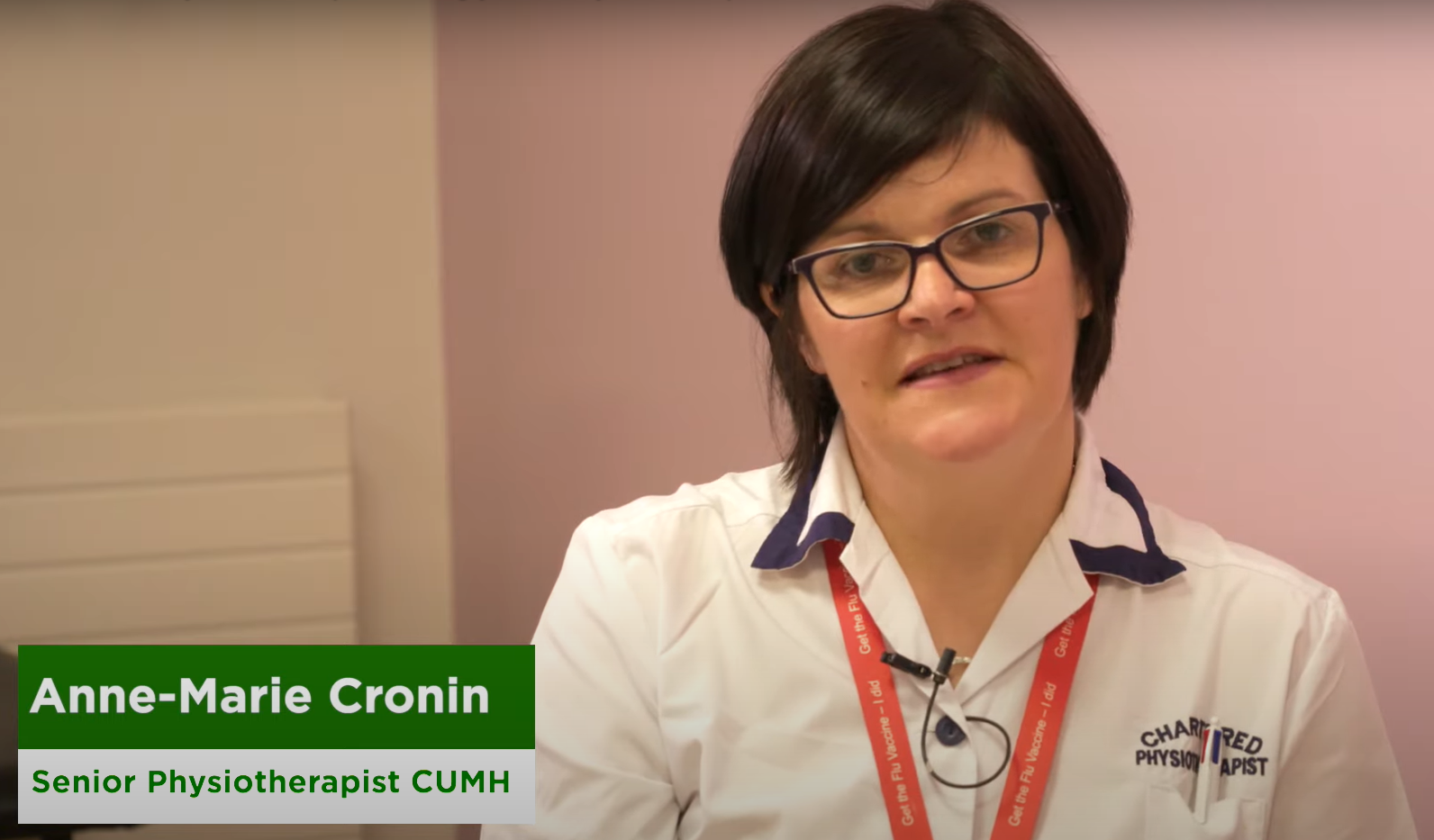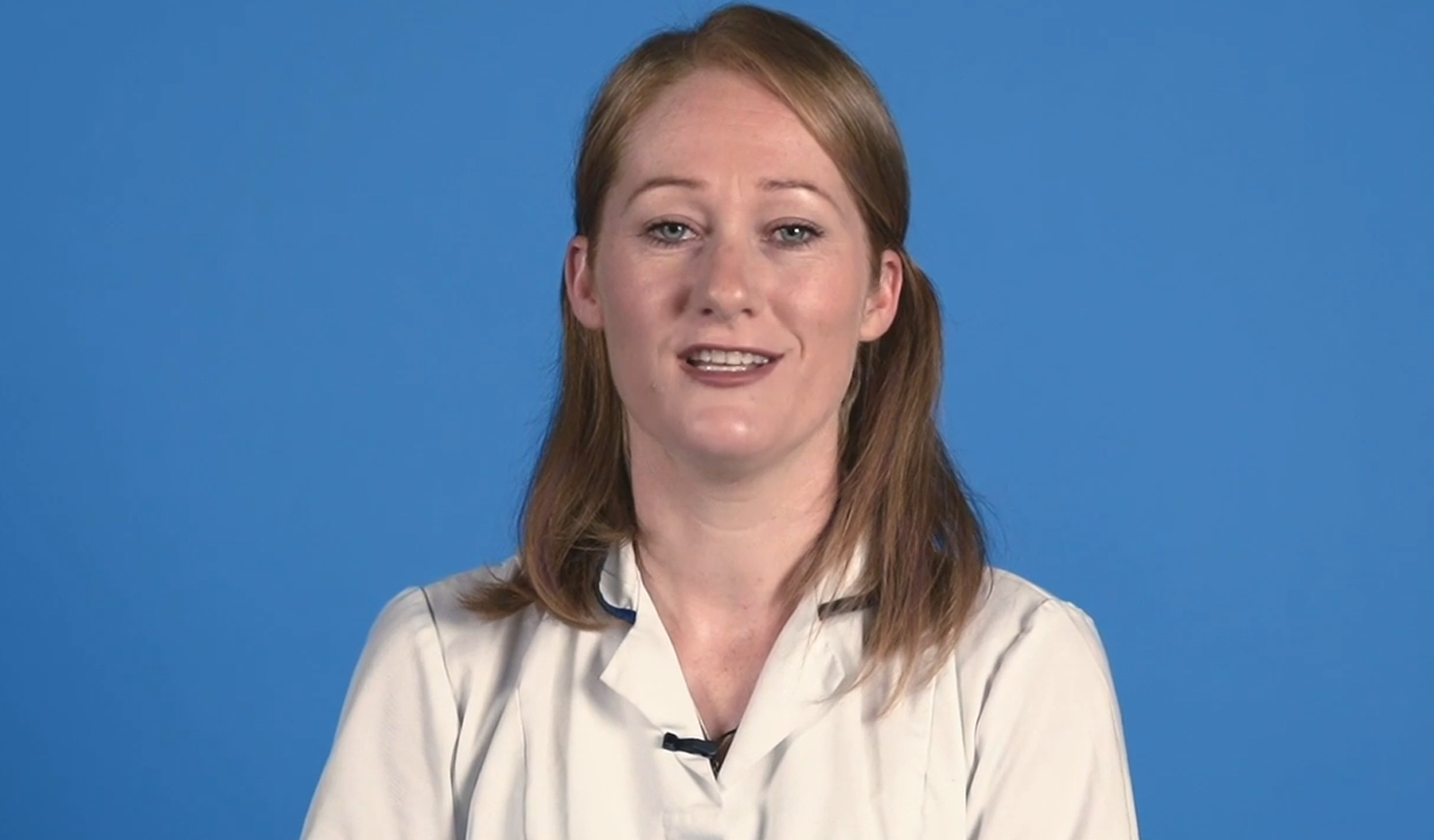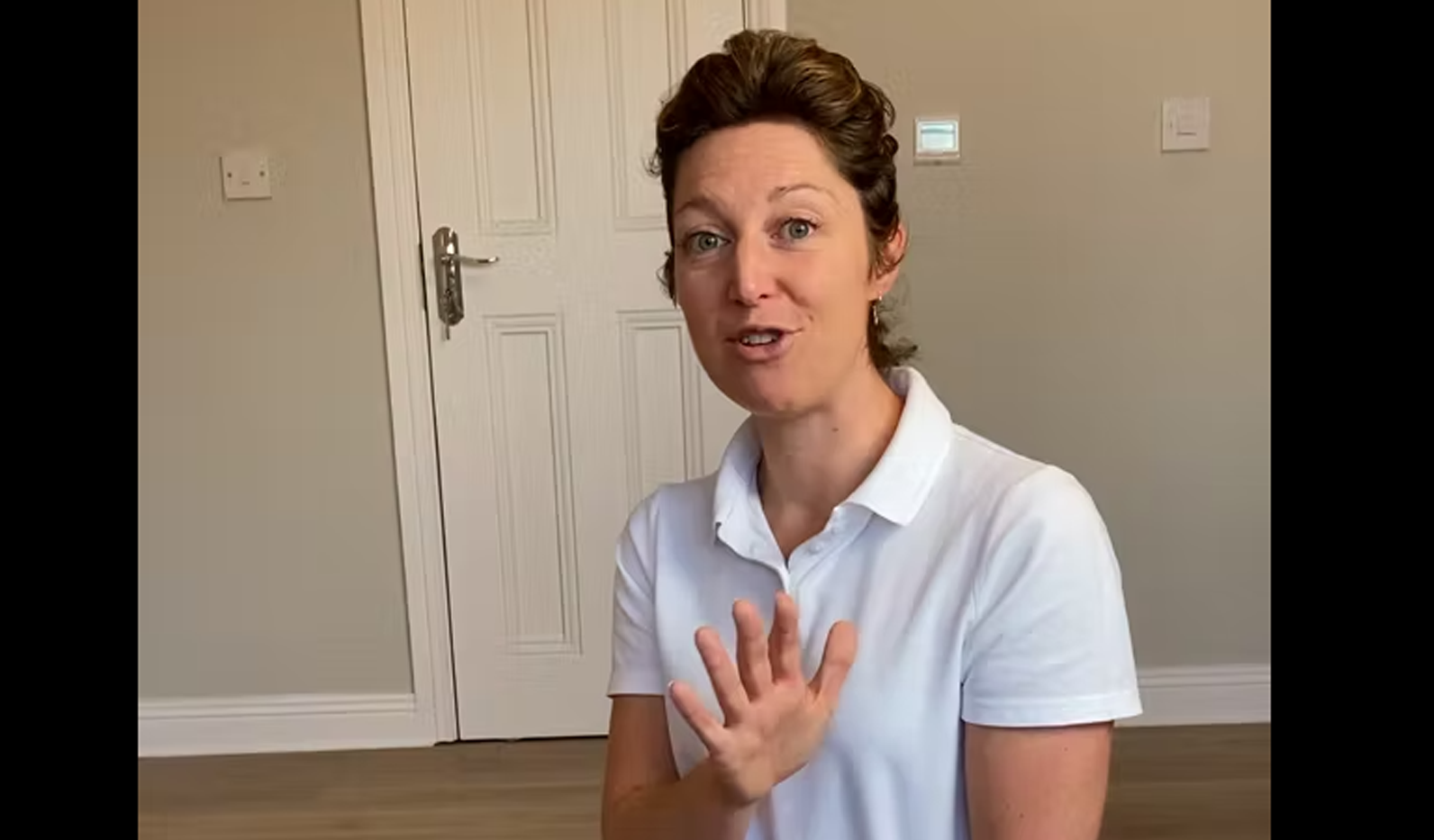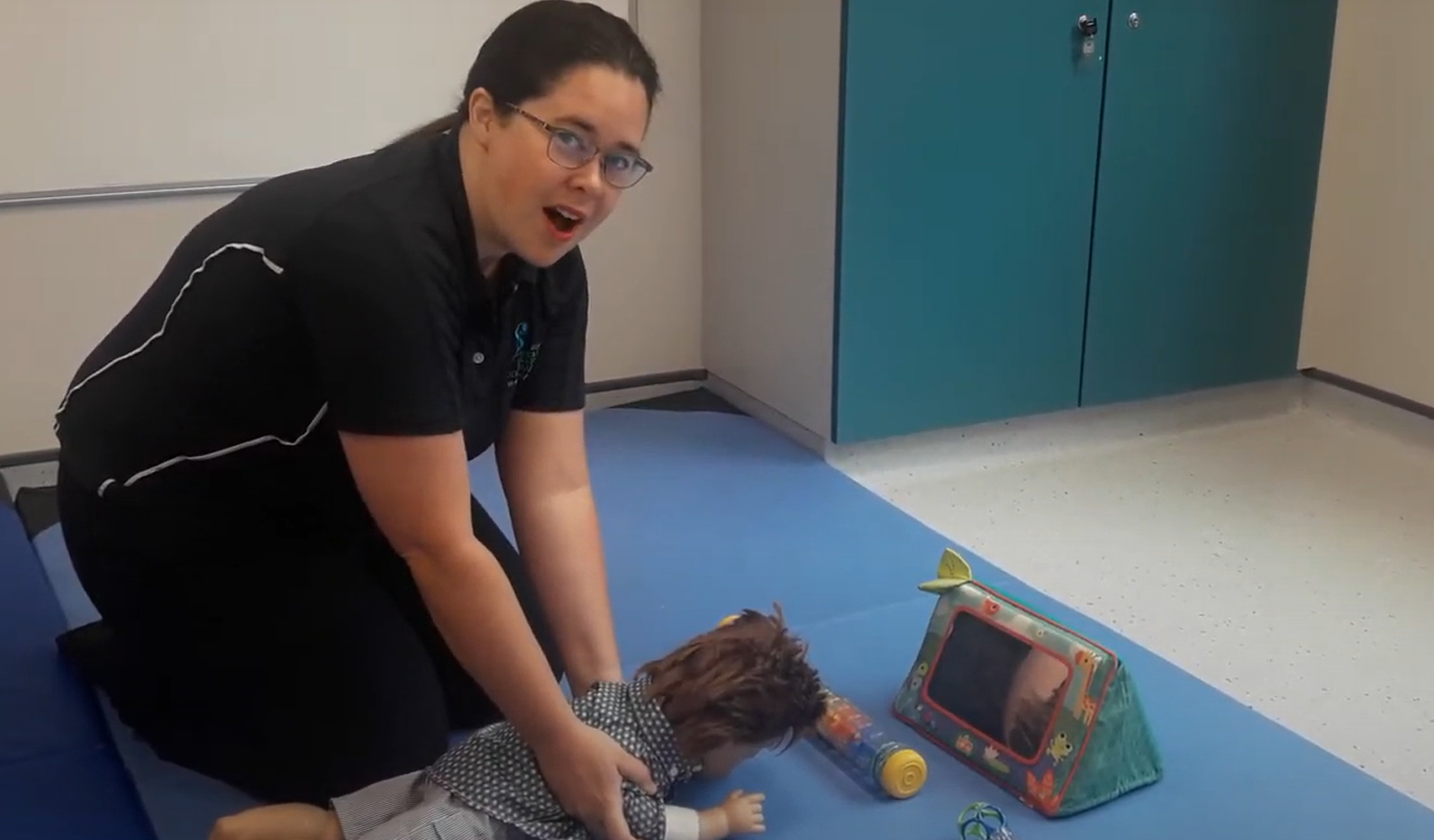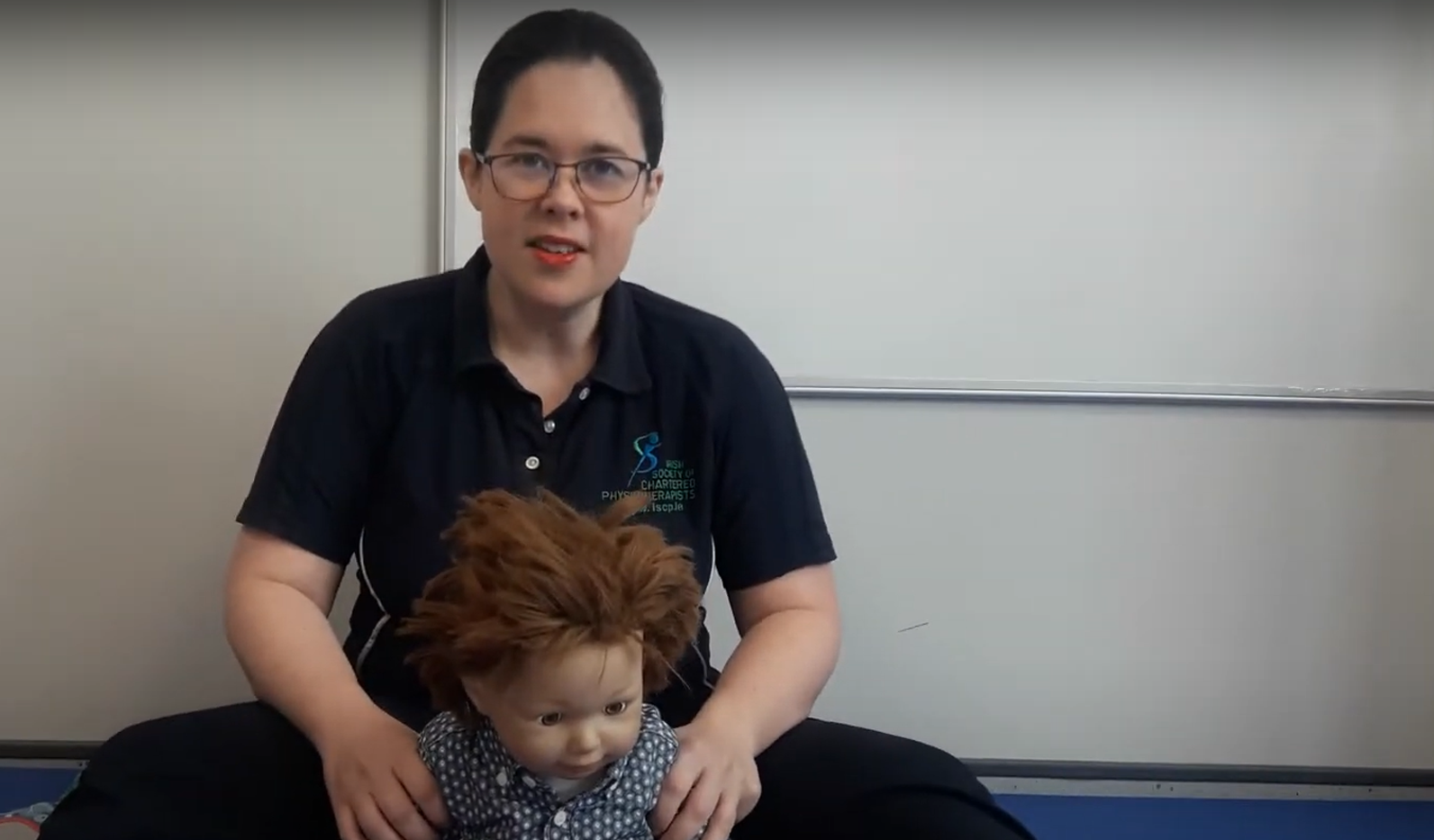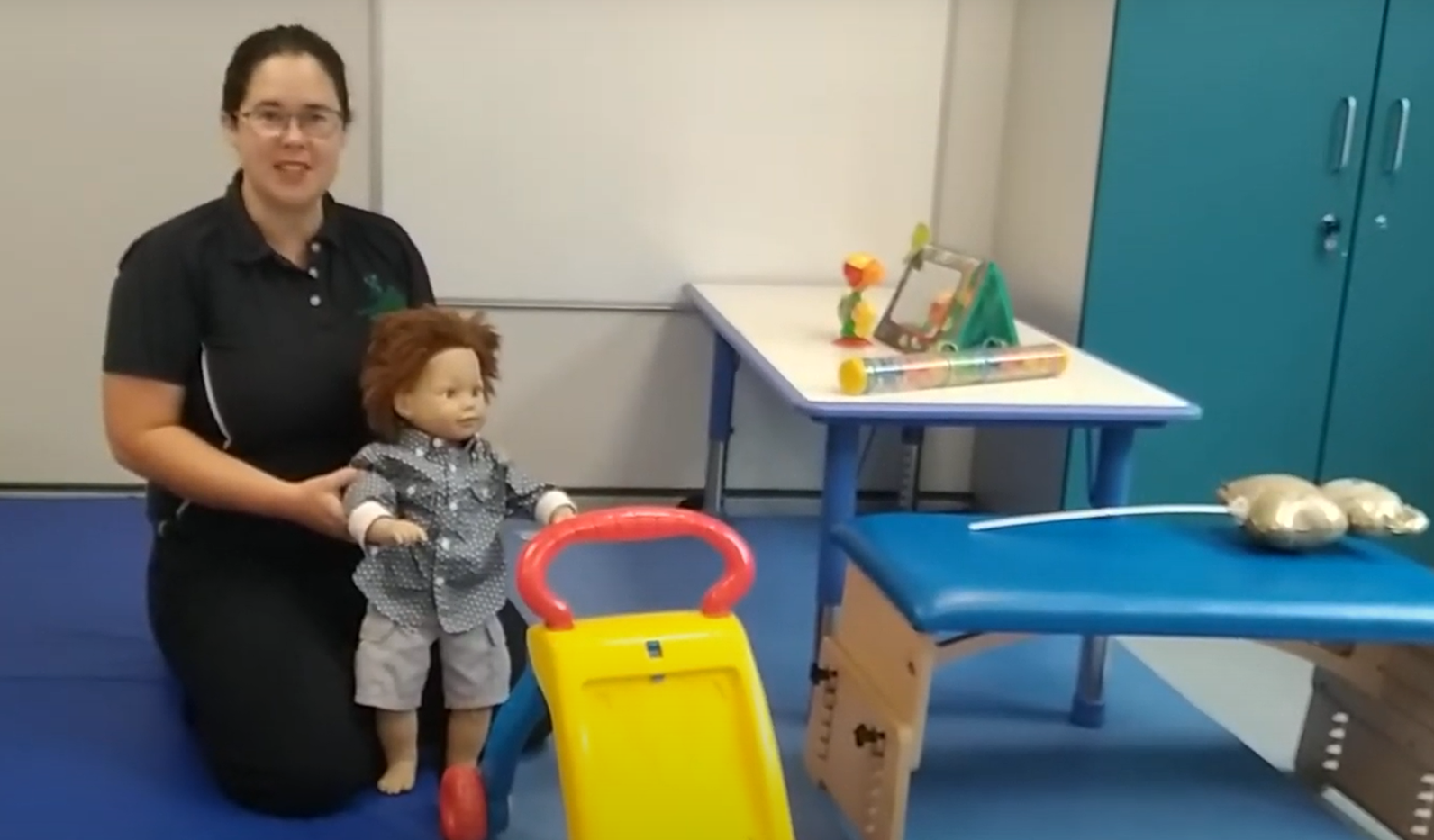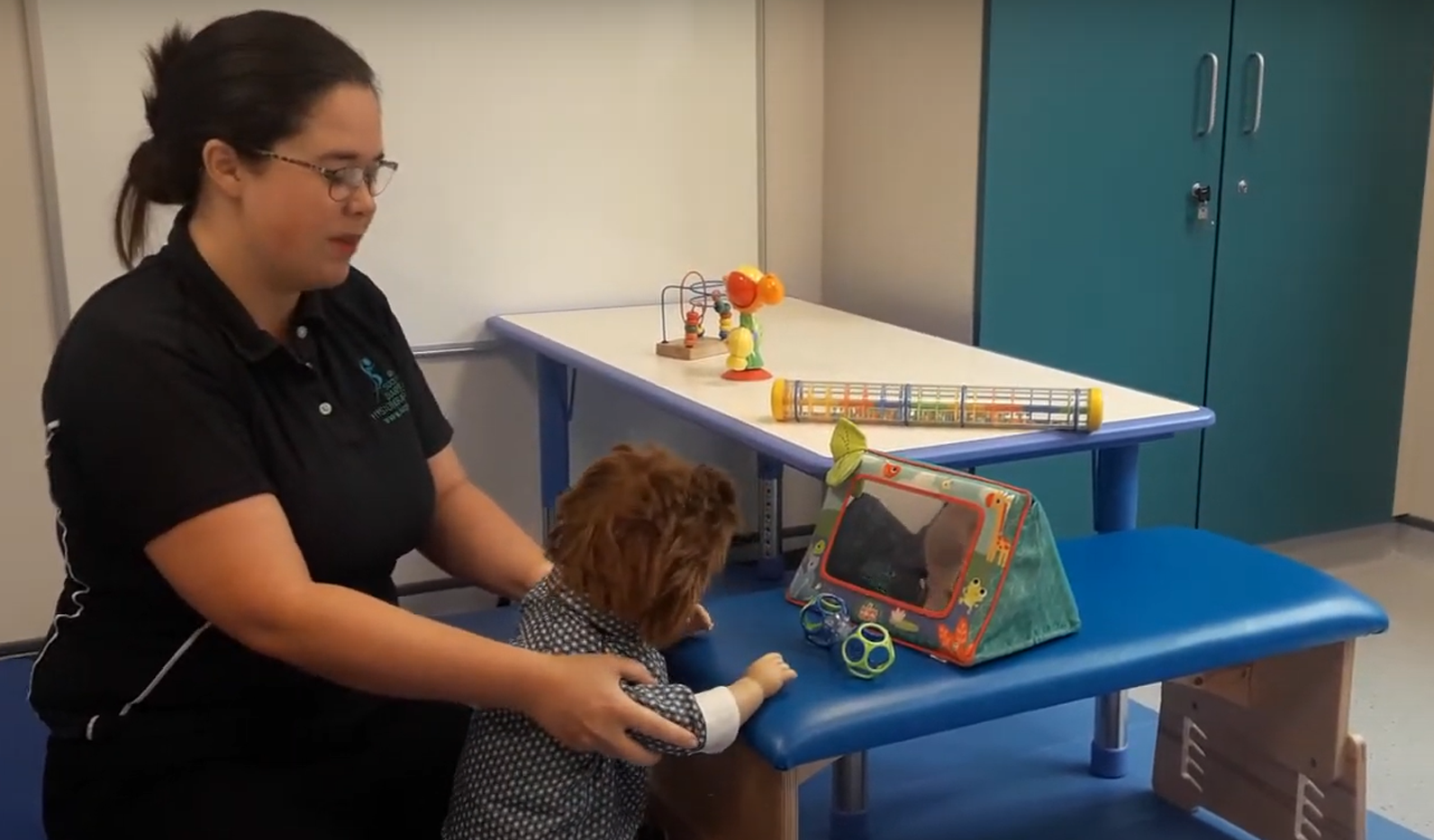Paediatric physiotherapy is the treatment and care of babies, children and young people from birth to 18 years. Paediatric physiotherapists have specialist training, skills and knowledge of child development and of childhood conditions.
Common conditions include:
• Neonatal conditions
• Developmental delay
• Dyspraxia / Developmental Co-ordination Disorder
• Complex physical disability
• Torticollis / plagiocephaly
• Acute or Chronic Respiratory disease
• Musculoskeletal– flat foot, knock knees, in toeing, out toeing, toe walking
• Hypermobility
Where do Paediatric Physiotherapists work?
Paediatric Physiotherapists work in many different settings, including hospitals, clinics, special schools, primary care teams, educational and developmental centres – along with the child’s own home. They also work in private practice.
How is physiotherapy given to children?
Treatment given by the Physiotherapist is based on an accurate assessment of the child followed by an individual treatment programme. The treatment programme includes explanation and instructions as appropriate to the child, the parents and those responsible for the child’s development.
Paediatric practice takes into account the fact that the child is not a small adult, but a developing human being.
Useful links and resources:
Disclaimer
The content on this page is provided for general information purposes only and is not meant to replace a physiotherapy or medical consultation. The ISCP is not responsible for the content of any external sites, nor should selection be seen as an endorsement of them.


